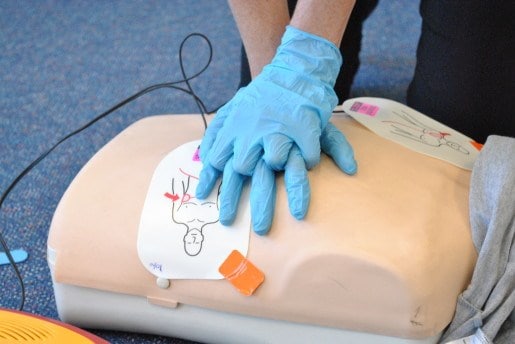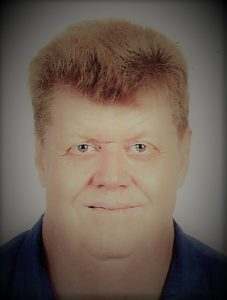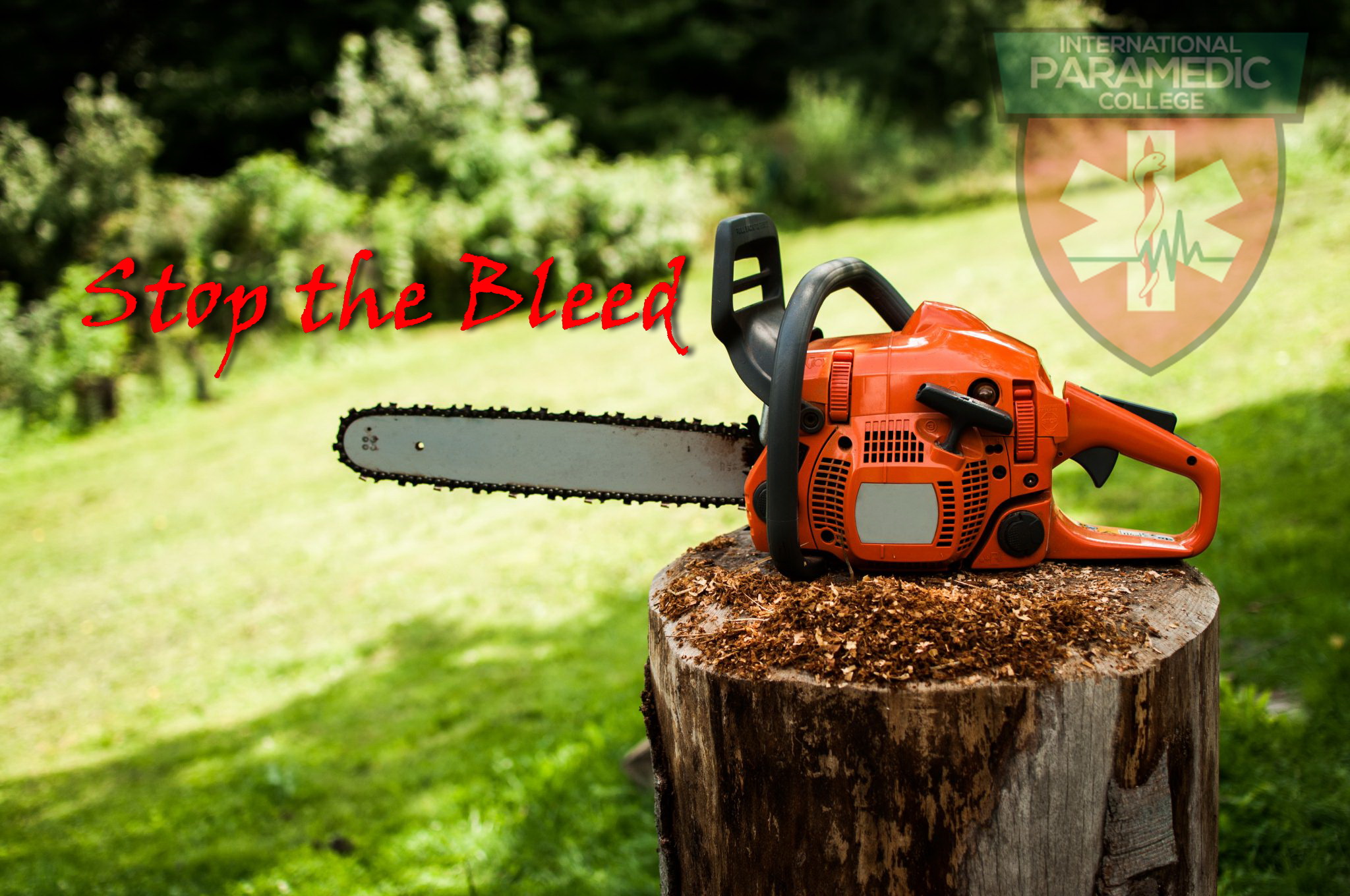
The Emergency Law blog of Michael Eburn is something I recommend to all our Australian students as a great source of legal information for emergency care providers,first responders, childcare workers and first aiders.
Like the problems often attributed to self diagnosis trends using “Dr Google” This article on CPR Success is important as makes what i think is an important point about the artificial expectations that TV may create, and how those expectations could lead to feelings of guilt in the first aider and families etc, that not all was done that could have been.
He goes on to remind first aid instructors to communicate the reality of CPR success to their students, to ensure they make informed decisions and appropriate emotional responses and don’t rely on misinformation from TV.
Further he says that CPR training should give information on success rates so people can feel confident to have a go, that doing something is better than nothing and they should not have unrealistic expectations of CPR.
These are important points in managing an often traumatised aftermath in cardiac arrests for the general public,first aid responders and paramedics.
A recent study to investigate regional variation in the characteristics, incidence and outcomes of out-of-hospital cardiac arrest (OHCA) in Australia and New Zealand found bystander CPR was commenced in 41% of cases and 28% of these cases survived the event and 12% survived to hospital discharge.(1)
Bystander CPR is a crucial component of the ‘chain of survival’; patients who receive bystander CPR are more than two times more likely to survive than those who do not receive bystander CPR.
You can learn CPR easily in a few hours, learn to break down the barriers that stop you from starting CPR, not just the mechanics of a process.
You can book our local CPR courses which explain how to use an Automated External Defibrillator (AED) online 24 hours a day.

References:
-
Regional variation in the characteristics, incidence and outcomes of out-of-hospital cardiac arrest in Australia and New Zealand: Results from the Aus-ROC Epistry Beck, Ben et al.Resuscitation , Volume 126 , 49 – 57

Craig Nolan is a dedicated paramedic educator and manager with a reputation built on extensive clinical experience and professional integrity. As the Educational Manager of International Paramedic College, Craig leads training development, drawing on his frontline experience and educational expertise.
A former Intensive Care Paramedic and clinical trainer with the Ambulance Service of NSW—the third-largest ambulance service in the world—Craig has served in some of the field’s most high-pressure environments, responding to critical cases that required advanced life support skills, procedures, and split-second decision-making. His extensive experience in Sydney’s busy inner city equipped him to provide life-saving critical care under extreme conditions. Most of Craig's work was as a second response when general ambulances could not manage the clinical situation. Only about 200 Intensive Care Paramedics out of a workforce of 4,000 were specially trained to handle such cases, making Craig’s role both rare and crucial.
Craig’s commitment to the paramedic profession goes beyond his clinical work; he represented his peers on the NSW Committee of Paramedics Australasia, the peak body for paramedics across Australia and New Zealand, for six years. During this time, he championed the establishment of competency standards and national registration, ensuring higher standards of care and professionalism in the field.
Craig’s teaching philosophy centres on a template approach and clear communication. Educated in instructional design at the University of Technology Sydney, he has the unique ability to demystify complex medical concepts, translating his hands-on experience into accessible learning. His approach emphasises “getting it from the head to the hands” through ethical, patient-based reasoning and logical decision-making, guiding students to handle emergencies with clarity, even under duress.
After a lifetime in the caring professions, Craig is committed to passing on the skills and knowledge that have served him well in his calling.



